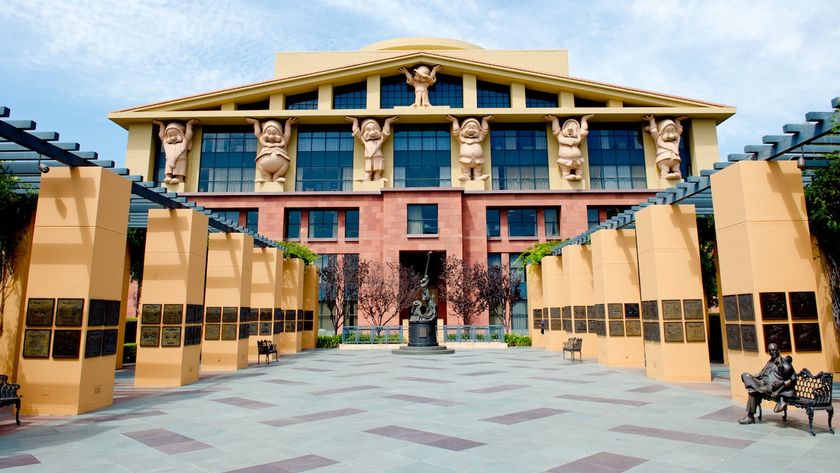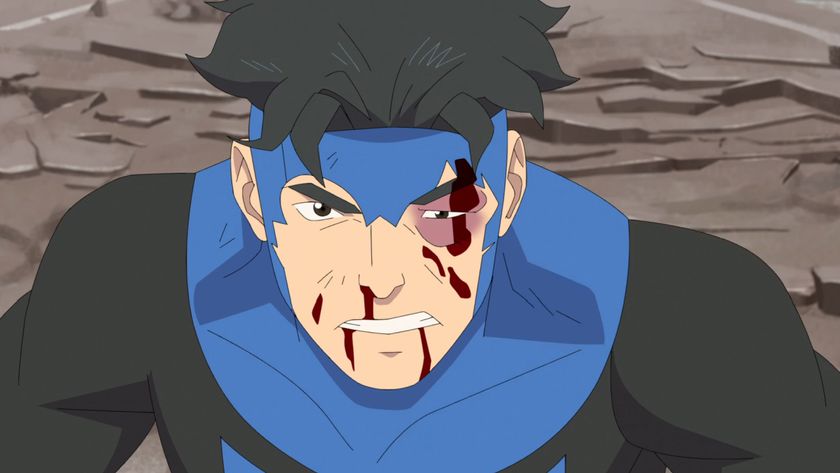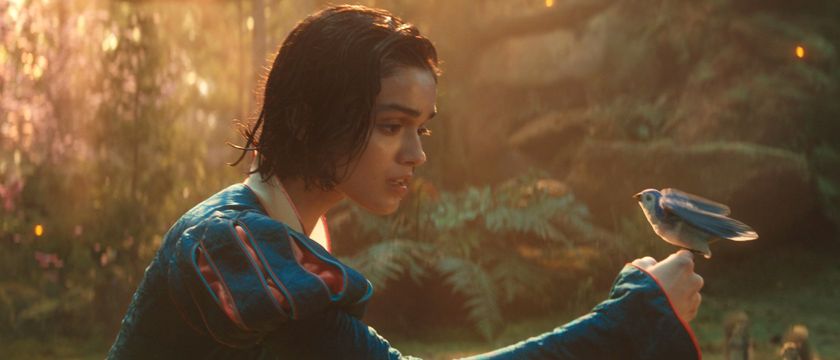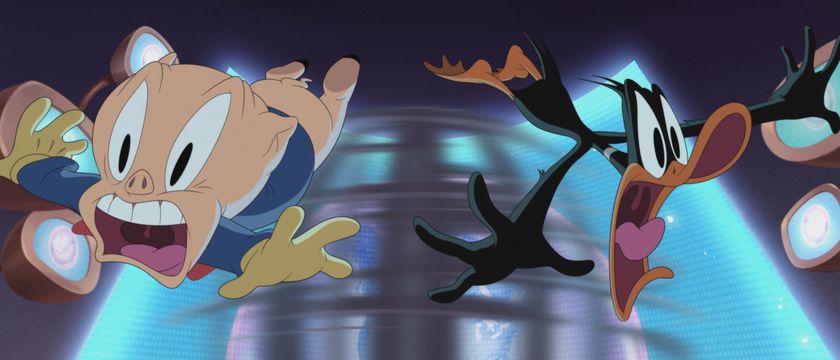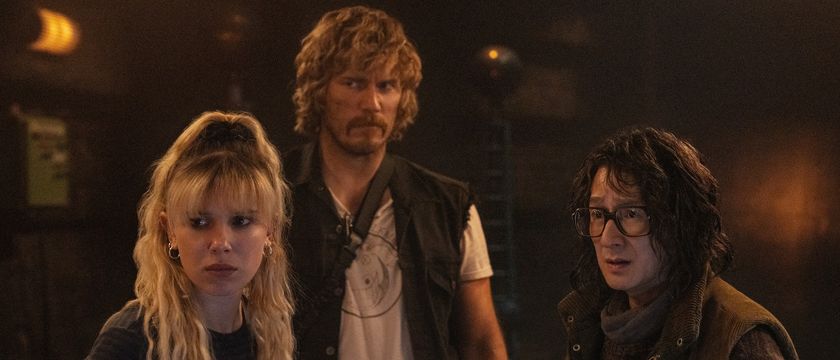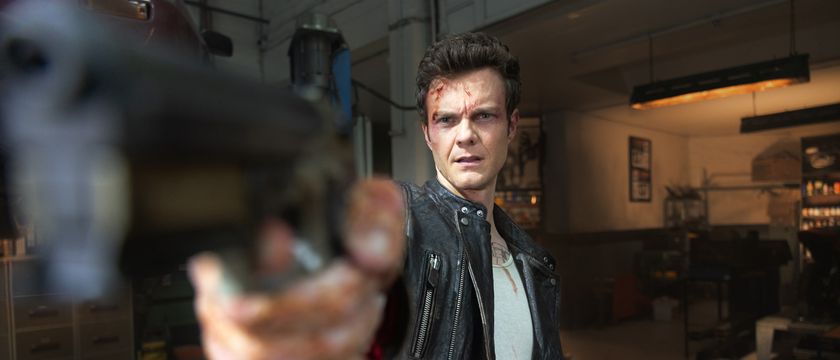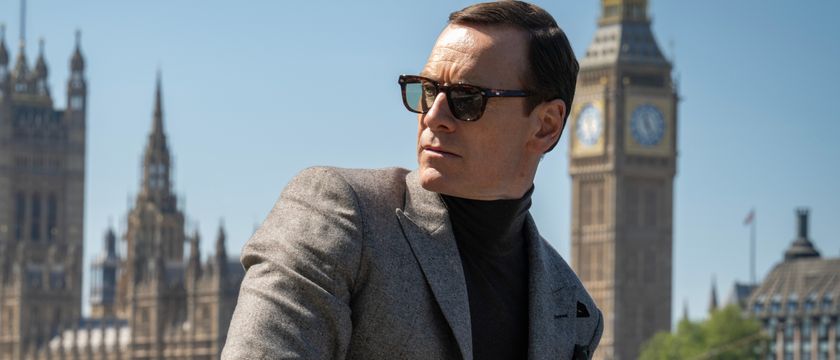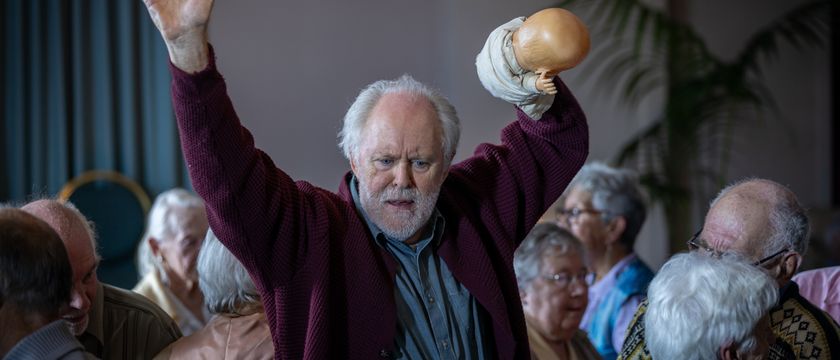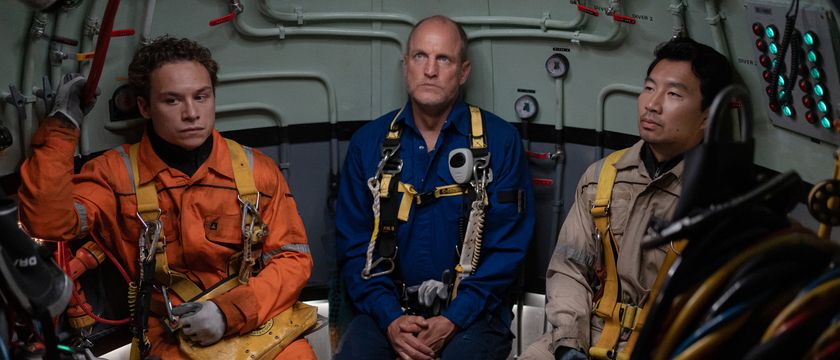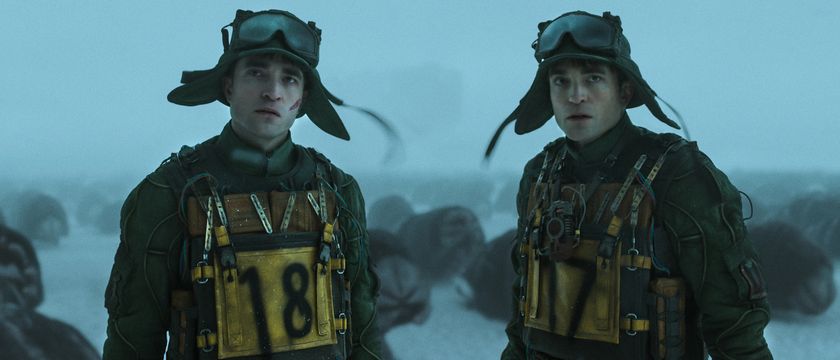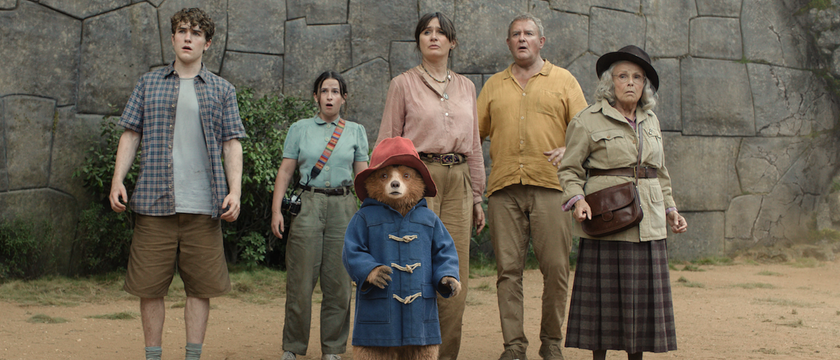American Honey is the sort of film that permeates in your mind before you fully appreciate its impact. So much so that it actually took me several days to realize how much of an impact it had made on me.
American Honey opens up on Star, a young woman who is caring for two young children not too much older than herself in the best way that she can. This includes rummaging through bins for expired supermarket goods before returning to the squalid home that she shares with her drunkard of a lover. But a chance meeting with Shia LaBeouf's Jake, who suggests to Star that she could around $300 a day selling magazines, proves too alluring. Star returns the children to their rightful mother, runs away and becomes embroiled in the racket, traveling from town to town across the Midwest trying to deviously make a quick buck, all of which is overseen by Riley Keough's Krystal.
Soon, sex, violence, drugs, and the pursuit of the Yankee dollar all rear their ugly head, though, while a tribal love story emerges between Jake and Star and the unsupervised gang start to act more and more like a pack of wild animals.
In the immediate aftermath of my screening I tried to process what I had just witnessed. In this haze I recognized that there was some startling imagery, scenes and performances to admire in American Honey, but I was also fully aware that its proudly dirty, rambling presentation had been an issue.
But as the length of this inner examination elongated from minutes to hours to days I finally accepted that Andrea Arnold had, yet again, excelled with American Honey, and in the process had further established herself, after Red Road, Fish Tank and Wuthering Heights, as one of the most idiosyncratic, powerful, and vivid filmmakers in world cinema.
This time around Andrea Arnold has not only created a sprawling exploration of the current American landscape trying to fight back from the financial crash, but also the most refreshingly honest and ruggedly intimate take on American youth culture since Kids. American Honey is both immediately impressive but undoubtedly an agitating watch. In fact, in the moment, while you're rooted in your seat, you might find yourself peeved by its aimlessness. It is actually ultimately all the better for its gargantuan 2 hour and 43 minute running time, though, as that allows it to have a more conclusive and emphatic pay off come the end.
It is Arnold that keeps you intrigued and engaged, as she not only revels in testing the audience but her skills as a filmmaker, too. From the very first scene, which sees Star coming away with a decrepit chicken from her scrounging, there's a horridness to her imagery that you want to look away from but can't help but be captivated by.
Arnold is inspired by her surroundings. With American Honey we travel across the middle of America and are shown communities, cities, towns, suburbs, and a world that's seldom been seen on the big-screen before. Arnold finds the beauty in each of them, though, as well as instantly getting to the heart of what makes her subjects and characters tick, all while keeping the camera up close and personal as we pry in on them. Warts and all.
At the same time, there's still a familiarity to the film. American Honey's most prominent genres -- coming of age and road trip -- are American as apple pie, while it deals with themes and subject matters that have been ever present in American cinema since cameras first whirled. First and foremost, is the pursuit of money and happiness, but you can't help but feel that they have ever been explored in such deplorable and despicable conditions before.
But while it's sad, haunting, and lurid, especially as the characters become more and more outrageous and exploitative, American Honey is also ever so slightly hopeful, too, as well as perpetually authentic. Plus, Arnold creates a surreal but resonant mood and aura that she then punctuates with scenes of excitement and energy, all of which is supported by a gentle, captivating groove and rhythm that tugs the film along nicely.
Then there are the performances. Sasha Lane is entrancing as Star, and she shoulders the burden of film with an impressionable guile and authority that defies her inexperience. Especially because of the lack of plot, and the fact that she's able to go from naïve to sass in the flick of a switch without it ever coming across as forced. At the same time, Riley Keough convinces as the perennially stoned head honcho Krystal, who is able to both entice but more impressively destroy her underlings.
But American Honey is all about Shia LaBeouf. Whenever he is within or on the periphery of the frame he dominates and eats up the screen, bringing with him a fire, unpredictability, and desire to prove himself that allows American Honey to fizzle and crackle with ferocity. If there is any justice in the world of cinema he should instantly be in the discussion for a Best Supporting Actor Oscar nomination, especially since his presence would immediately bring more excitement to the Academy Award procession next February.
American Honey isn't perfect. Its aimlessness will prove to be divisive and it's likely to go over the heads of viewers that have become acclimatized to the hackneyed Hollywood structure and pace. It also luckily concludes just as you've begun to feel and grow tired of its running time, while Andrea Arnold's use of animal imagery at times feels a little heavy-handed and even redundant considering she deployed a similar approach in Fish Tank.
But these slight failings are eclipsed by its overwhelming positives. Powerful, audacious, as well as intimate, dirty, and epic, American Honey's brazen modern take on sex, adolescence, and the American dream gone wrong is a challenge, but one that's ever so rewarding. Even if it might take you a few days to truly appreciate it.



